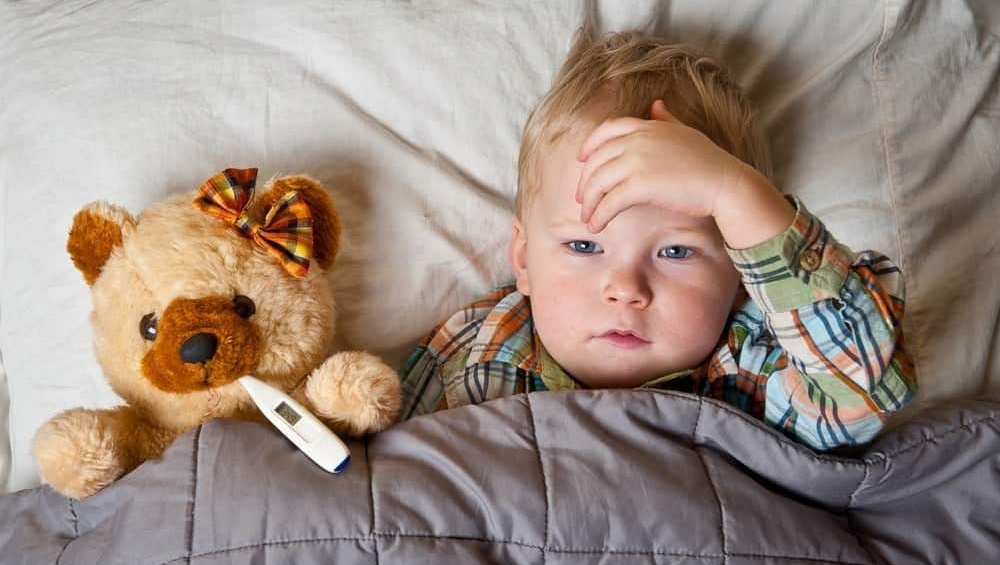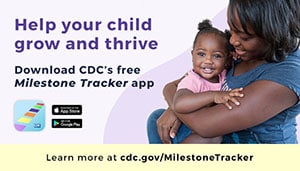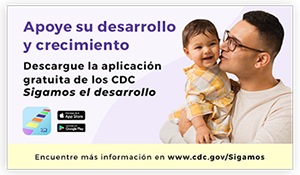News
What you need to know about Hand, foot and mouth disease!
What you need to know about Hand, foot and mouth disease! Hand, foot, and mouth disease Hand, foot, and mouth disease is caused by viruses. A person infected with one of these viruses is contagious, which means that they can pass the virus to other people. The virus can spread to others through an infected person’s Nose and throat secretions, such as saliva, drool, or nasal mucus Fluid from blisters or scabs Feces (poop) People with hand, foot, and mouth disease are usually most contagious during the first week that they are sick. People can sometimes spread the virus to others for [...]
Uninvolved Parenting
Uninvolved parenting, sometimes referred to as neglectful parenting, is a style characterized by a lack of responsiveness to a child’s needs. Uninvolved parents make few to no demands of their children and they are often indifferent, dismissive, or even completely neglectful. THE MAJOR PARENTING STYLES During the 1960s, psychologist Diana Baumrind described three different parenting styles based on her research with preschool-age children: authoritarian, authoritative, and permissive parenting. In later years, researchers added a fourth style known as uninvolved parenting.
What to do When your Child is Sick with:

When to Stay Home From School With COVID-19 Symptoms
The best way to prevent the spread of a COVID-19 infection is to avoid exposure to others, especially if your child is showing symptoms of COVID-19.
Keep your child home if he shows the following symptoms:
- Fever that is not responsive to fever-reducing medications
- Sore throat
- Shortness of breath from continued coughing
- New loss of taste or smell
- New onset of severe headache, especially with a fever
- Diarrhea, vomiting or abdominal pain
- Congestion
- Behavior that is not normal for your child
If your child has tested positive for COVID-19, visit the Centers for Disease Control (CDC) website for the most-up-to-date isolation guidance.
When to Keep Your Child Home With a Fever
“Fevers are often a sign that your child is fighting off a viral or bacterial infection that could get other kids sick,”explained Deirdre Stewart, MD , an area practice director for Children’s Healthcare of Atlanta Urgent Care. “Many schools require children to be fever-free without the use of medicine for at least 24 hours before returning to school.”
Keep your child home if he:
- Has a temperature higher than 100.4°F.
- Is vomiting or has diarrhea.
- Isn’t acting like himself.
- Has other flu-like symptoms, such as chills or body aches.
Call your child’s pediatrician immediately if the fever is accompanied by:
- Headache
- Rash
- Stiff neck
When to Stay Home From School With a Sore Throat
“A sore throat is a common symptom of many different types of illness and can be contagious if it is due to strep throat or a virus. Your child should rest at home if persistent sore throat and see a pediatrician to determine if they need treatment with antibiotics for strep throat or recover from the virus with time and rest,” warned Dr. Stewart.
Keep your child home if:
- The sore throat is accompanied by fever, headache, chills or a stomachache.
- His throat and tonsils are bright red or have white spots on them.
When to Stay Home With a Stomachache
“Stomachaches and abdominal pain can have many causes, and if your child’s pain or discomfort is persistent or crippling, it’s best to contact his pediatrician,” said Dr. Stewart.
Keep your child home if:
- The pain is accompanied by fever, vomiting, diarrhea or a painful sore throat.
- The stomach pain limits his ability to participate in his regular daily activities.
When to Keep Your Child Home With Ear Pain
Dr. Stewart said, “Even though they aren’t always contagious, earaches can be very uncomfortable for a child and may require a trip to the pediatrician.”
Keep your child home if:
- He also has a fever of 100.4°F or higher.
- He acts lethargic, fussy or uncomfortable or in a way that’s not like himself.
- There is discharge coming from the ear.
- He is also experiencing nausea, vomiting and diarrhea.
When to Keep Your Child Home With Watery, Itchy and Red Eyes
“Red, itchy eyes are common symptoms of allergies, which shouldn’t keep a child home from school,” advised Dr. Stewart. “These can also be symptoms of pink eye, a contagious infection that requires treatment from a doctor.”
Keep your child home if:
- He also has a fever.
- You see drainage or mucous coming from one or both eyes.
- One or both of his eyes are crusty.
- He is complaining of discomfort in the eye—many kids say it feels like they have sand in their eye.
- One or both eyelids are swollen.
When to Stay Home From School With Lice
Lice are an unfortunate, but common, problem for many kids. Lice are also contagious and spread through direct contact with other children. Notify your child’s school if you suspect that your child has lice.
“Many schools require that students stay home until all live lice are gone,” said Dr. Stewart. “However, new recommendations from the American Academy of Pediatrics state that students can return to school as soon as they have been treated. Speak directly with your child’s school if you’re unclear on what they recommend.”
Keep your child home if:
- You notice visible signs of live lice, including yellow, tan, brown spots called nits, which can also resemble dandruff and would appear close to the scalp or on strands of hair.
- A fever of 100.4°F or higher is present.
At the end of the day, you know your child best. If he isn’t acting like himself, or it doesn’t seem like he could participate in school activities, trust your instincts and keep your child at home. Often, a quick call to the pediatrician can help put your mind at ease, even if your child doesn’t need to be seen.



